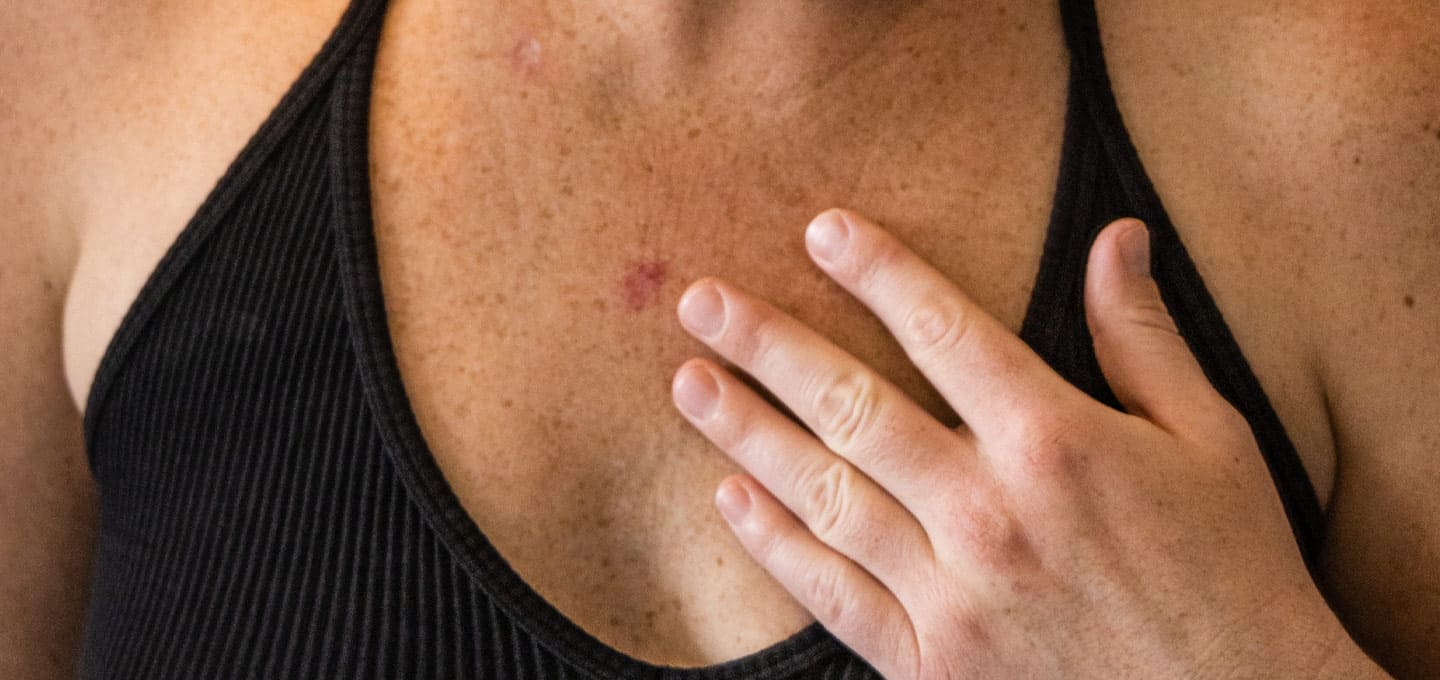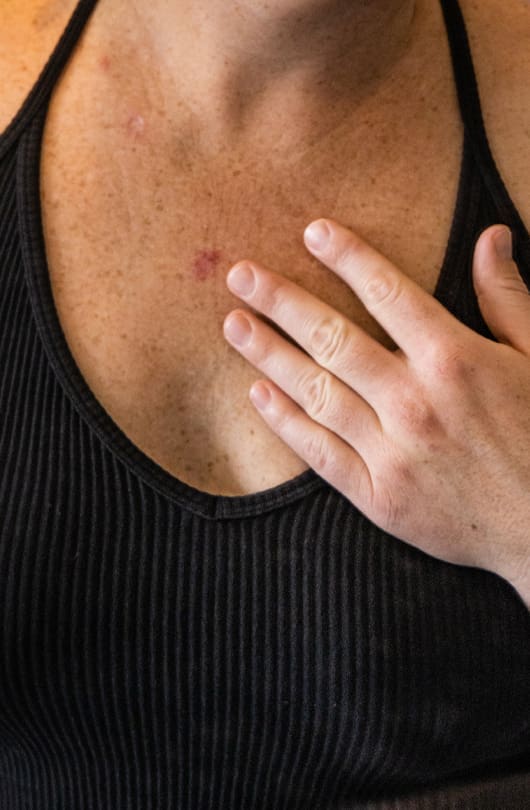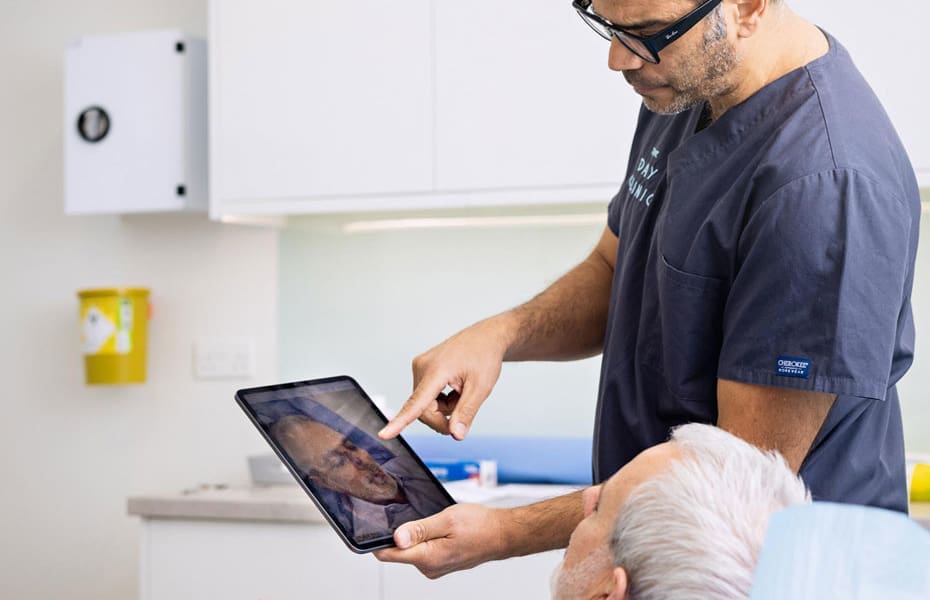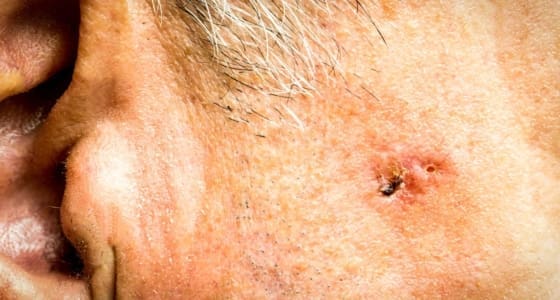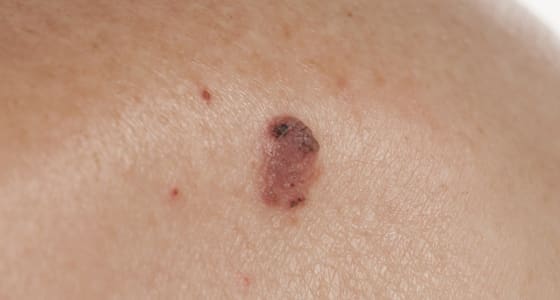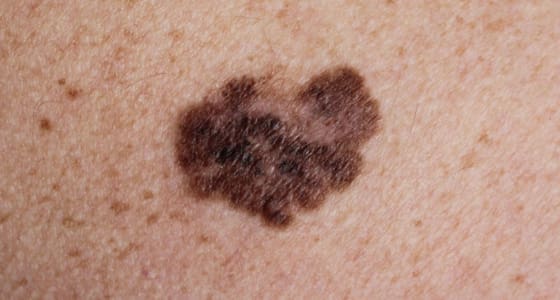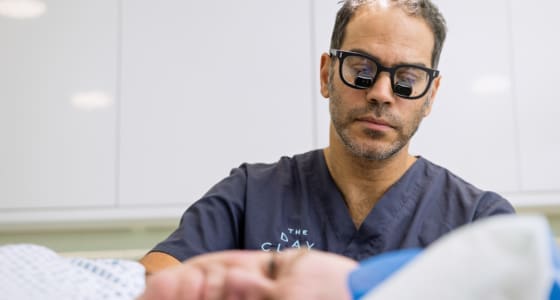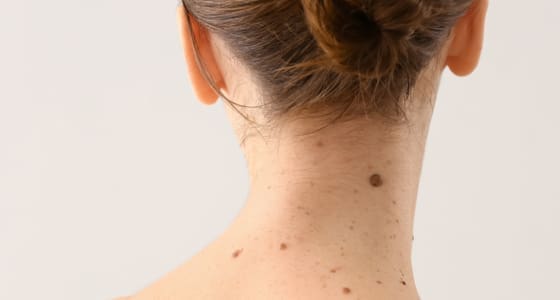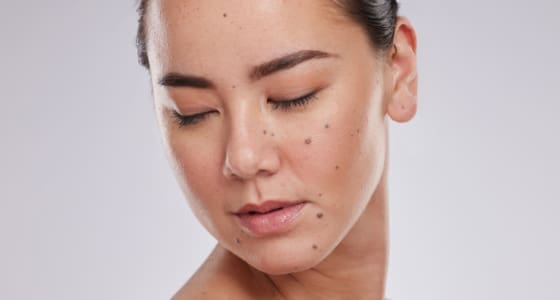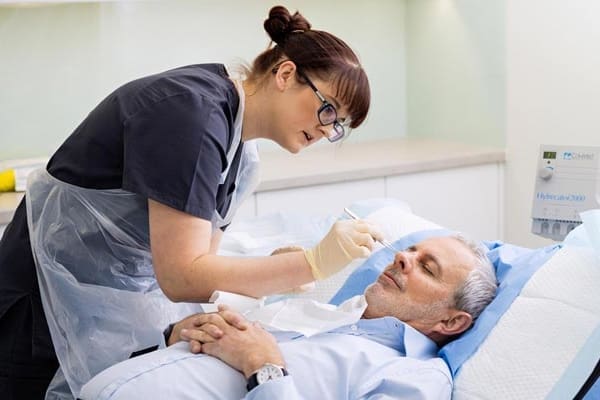Sun damaged skin manifests as a range of issues including sunburn, premature ageing, and an increased risk of skin cancers. This damage occurs due to the absorption of UV rays by the skin, which can lead to cellular DNA damage, inflammation, and degradation of skin structures.
The primary cause of sun damage is UV radiation, which comes in two main forms: UVA and UVB. UVA rays penetrate the skin more deeply and are responsible for skin ageing effects like wrinkles and age spots. UVB rays are shorter and primarily responsible for sunburns and more direct DNA damage, contributing to the risk of skin cancers.
Over time, cumulative sun exposure without adequate protection leads to a breakdown in the skin’s collagen and elastin fibres, resulting in sagging, wrinkles, and fine lines. Excessive sun exposure can also cause uneven pigmentation, leading to the development of sunspots and freckles. Moreover, chronic sun exposure increases the risk of skin cancers, including melanoma, basal cell carcinoma, and squamous cell carcinoma.
Preventing sun damage is crucial for maintaining healthy skin. This includes regular use of broad-spectrum sunscreen with a high SPF, wearing protective clothing, and seeking shade during peak sun hours. Additionally, wearing sunglasses that block both UVA and UVB rays can protect the delicate skin around the eyes.
Treating sun damage typically involves a combination of topical treatments and cosmetic procedures. Topical antioxidants like vitamin C can help neutralise free radicals generated by UV exposure. Retinoids, derived from vitamin A, are effective in stimulating collagen production and improving skin texture. In severe cases, surgical interventions by way of cryotherapy or an excision procedure may be considered for skin cancers.
Early intervention and consistent sun protection practices are essential for minimising the effects of sun damage and preserving healthy, radiant skin. During a dermatology consultation at The Day Clinic, one of our consultant dermatologists will provide. personalised advice and treatment options that will help to improve UV related skin change and minimise the risk of potential future skin damage and skin cancer.
